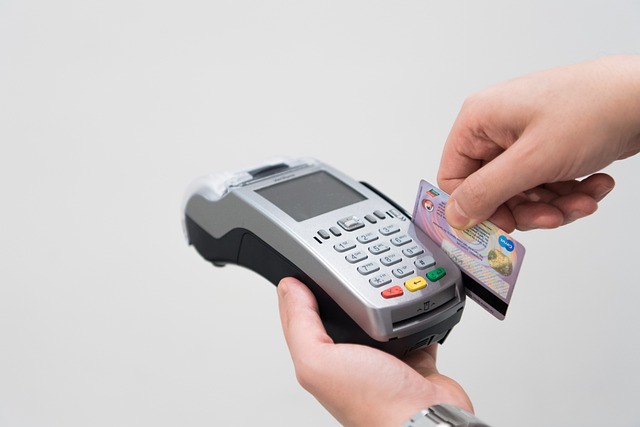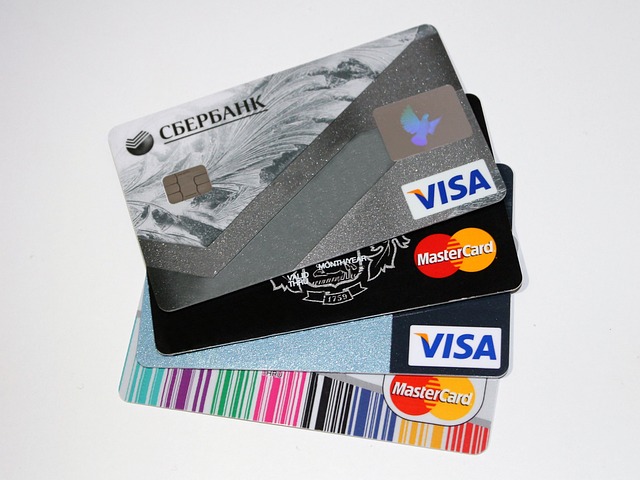Achieving a 700 credit score in just two months might seem challenging, but with the right financial strategies, it is possible. Many individuals struggle with low credit scores, but by taking disciplined actions, you can improve your credit standing quickly.

This guide explains how to get a 700 credit score in 2 months, focusing on practical steps and proven methods that can make a significant impact on your financial health.For entrepreneurs looking to manage finances better, check out Financial Planning Tips for Entrepreneurs.
What is a Credit Score?
A credit score is a three-digit number that reflects an individual’s creditworthiness. Financial institutions and lenders use this score to assess how responsible someone is when it comes to borrowing money and repaying loans. Credit scores typically range from 300 to 850, with 700 or above considered a good score.
If your credit score is currently below 700, don’t panic! With consistent financial habits, you can improve your score by following the strategies outlined in this guide.
Why a 700 Credit Score Matters?
A 700 credit score brings numerous financial benefits, including:
- Lower interest rates on loans and credit cards
- Higher chances of loan approval
- Better car insurance rates
- Easier rental approvals
- Higher chances of securing a mortgage
- More negotiating power with lenders
A higher credit score allows you to borrow more money at lower costs, helping you save thousands of dollars over time.
Factors Affecting Your Credit Score
Before improving your credit score, it’s essential to understand how it’s calculated. The key factors influencing your credit score include:
- Payment history (35%) – Late payments significantly lower your credit score.
- Credit utilization (30%) – Keeping balances low improves your credit score.
- Length of credit history (15%) – Older credit accounts provide a positive impact.
- New credit inquiries (10%) – Multiple credit applications can reduce your score.
- Types of credit (10%) – A mix of credit cards, auto loans, and mortgages is beneficial.
For more financial management strategies, explore Financial Statements: Why They Are Important.
Understanding how these elements affect your score can help you strategically make decisions that boost your credit standing.
Step-by-Step Guide to Get a 700 Credit Score in 2 Months
Improving your credit fast requires a focused approach. Follow these steps carefully:
1. Check and Dispute Errors on Your Credit Report
Start by checking your credit report for inaccuracies. Errors in your credit report can lower your score, so reviewing your report regularly is crucial. Get free credit reports from:
- AnnualCreditReport.com (Free reports from Equifax, Experian, and TransUnion)
- Credit Karma (Free credit score monitoring)
If you find any mistakes, dispute them immediately with the credit bureaus. Correcting errors can raise your score fast.
2. Reduce Credit Card Balances
Your credit utilization ratio plays a major role in determining your credit score. Keeping credit balances below 30% of your total credit limit is ideal. To quickly improve your score:
- Pay more than the minimum payment each month.
- Focus on high-interest credit cards first.
- Use the snowball or avalanche method for debt repayment.
- Pay off small balances to reduce negative impact.
3. Request a Higher Credit Limit

Increasing your credit limit can lower your credit utilization ratio, which directly improves your credit score. Contact your bank and request a credit limit increase—but avoid spending more after receiving the boost!
4. Pay Bills on Time
Your payment history is the most important factor in determining your credit score. A single late payment can drop your score by dozens of points. Here’s how to stay on top of payments:
- Set automatic payments for all bills.
- Use calendar reminders to ensure on-time payments.
- Pay at least the minimum amount to avoid penalties.
If you’ve missed payments in the past, contact creditors and negotiate to remove negative marks from your report.
5. Become an Authorized User
Ask a trusted family member with good credit to add you as an authorized user on their credit card. Their positive payment history will improve your score.
6. Avoid New Credit Applications
Each new credit application adds a hard inquiry, which lowers your score. Avoid applying for new credit cards or loans during this period.
7. Use Credit-Builder Loans
If you have no credit history or bad credit, consider credit-builder loans. These loans help improve your credit by reporting on-time payments to the bureaus. Some great options include:
- Self – Credit-builder loans with manageable payments
- Credit Strong – Easy credit-building loans for beginners
For those interested in financial success, read The 17 Principles of Creating Wealth.
Advanced Strategies to Boost Your Credit Score Quickly
If you’ve followed basic steps, consider advanced techniques for even faster results.
1. Make Multiple Payments Per Month
Instead of one large payment, make two smaller payments per month to keep your credit utilization low.
2. Keep Old Accounts Open
Closing old accounts reduces your credit history length. Keep old credit cards open, even if you don’t use them frequently.
3. Monitor Your Credit Score
Use free credit monitoring tools like:
Regular tracking ensures you stay on top of credit improvements.
4. Negotiate to Remove Late Payments
If you have past late payments, contact creditors and request a “goodwill adjustment” to remove them.
5. Pay Off Collection Accounts
If you have accounts in collections, try a “pay-for-delete” agreement, where the creditor removes negative marks after payment.
Frequently Asked Questions (FAQs)
Q1: Can I really get a 700 credit score in 2 months?
Yes, but it depends on your current score and financial actions. If you start with a fair or poor score (below 650) and follow the strategies in this guide, you can see a significant improvement within two months.
Q2: What is the most important factor in improving my credit score fast?
Your payment history and credit utilization ratio have the most impact on your score. Making on-time payments and keeping your credit utilization below 30% will lead to a quick increase.
Q3: How fast do credit scores update?
Most credit bureaus update scores every 30 days. Some lenders report more frequently, but generally, changes take a few weeks to reflect in your credit report.
Q4: Does checking my credit score lower it?
No. Checking your own credit score through services like Credit Karma or Experian is considered a soft inquiry and does not affect your score.
Q5: What happens if I pay off my debt all at once?
Paying off debt reduces credit utilization, which boosts your score. However, closing credit accounts afterward can hurt your score, so it’s better to keep old accounts open.
Q6: Should I get a credit-builder loan if I have bad credit?
Yes, a credit-builder loan can help if you have a low or no credit history. These loans report your on-time payments to the credit bureaus, increasing your score over time.
Q7: How do late payments impact my score?
Late payments can stay on your report for up to 7 years and drop your score by 50–100 points, depending on how late they are. Always pay on time to avoid penalties.
Q8: Will becoming an authorized user help me?
Yes! If you’re added as an authorized user on a credit card with a good payment history, it can boost your score significantly without requiring you to use the card yourself.
Q9: Should I apply for a new credit card to boost my score?
No. New credit inquiries temporarily lower your score. It’s better to increase your credit limit on existing accounts instead of applying for new credit.
Q10: What if I have collections or late payments on my report?
You can request a “pay-for-delete” agreement with collection agencies. If they agree, they will remove negative marks once you pay off the debt.
Q11: What is the best way to reduce credit card debt quickly?
The best strategies include:
- Avalanche method: Pay off high-interest debts first.
- Snowball method: Pay off smallest balances first to gain momentum.
- Multiple payments per month: Reduces credit utilization faster.
Q12: Can negotiating with creditors improve my credit score?
Yes! Some lenders may agree to remove late payment records or negative marks from your report if you negotiate in good faith.
Q13: How does keeping old credit accounts open help my score?
The age of your credit accounts affects your score. The longer your credit history, the better your score.
Q14: Can I improve my score without using a credit card?
Yes! You can:
- Get a credit-builder loan.
- Make on-time payments for bills like rent, utilities, and phone plans.
- Request lenders to report rent payments to credit bureaus.
Q15: Where can I track my credit score for free?
Use credit monitoring tools like:
- Credit Karma
- Experian Free Score
- Credit Sesame
Q16: How long does negative information stay on my report?
- Late payments: Up to 7 years
- Bankruptcy: 7–10 years
- Collections: Up to 7 years
- Hard inquiries: About 2 years
Q17: What are some common credit score myths?
- Closing old credit cards increases your score → False
- Checking your own score lowers it → False
- You need a perfect credit score to qualify for loans → False